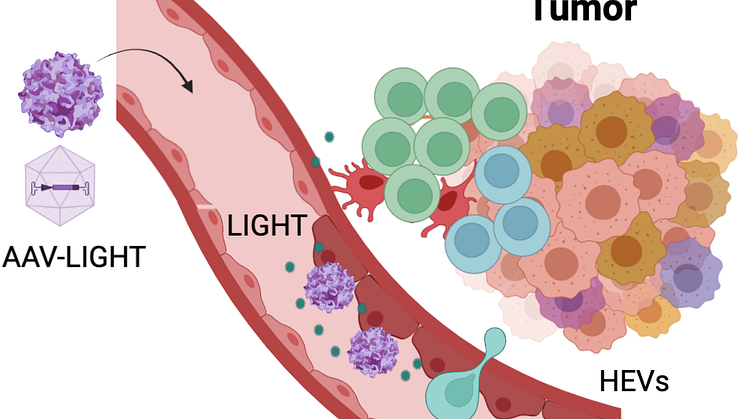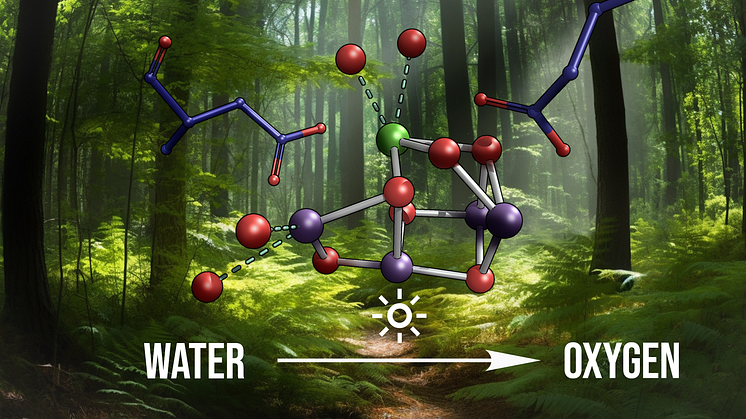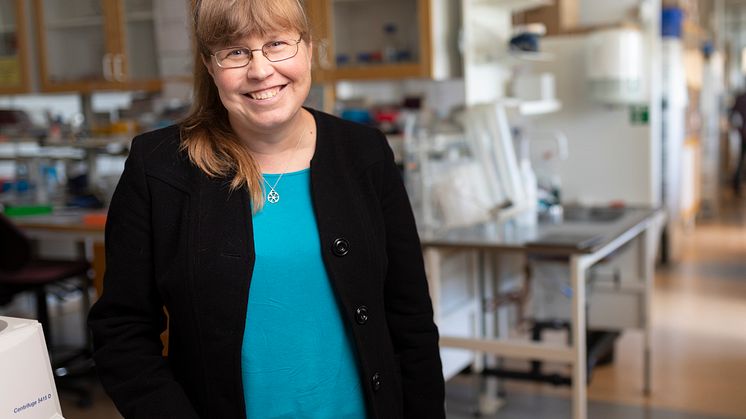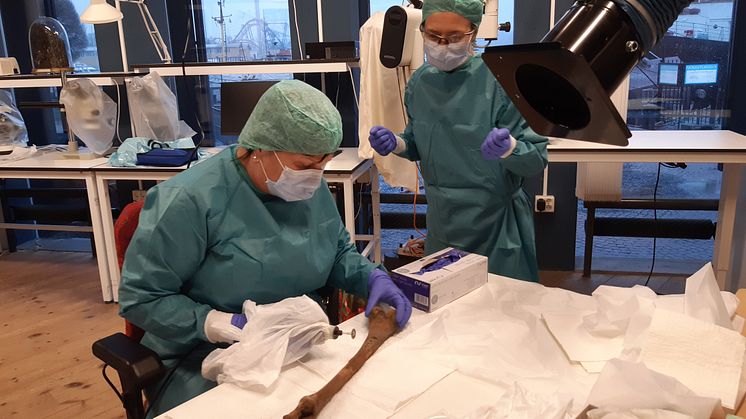Barren habitat for sows leaves imprint on piglets’ brains
In a new study, researchers from Uppsala University in Sweden, together with colleagues from the University of São Paulo, Brazil, have investigated the impact that a barren living environment for sows leaves on the next generation. The pigs in the study were bred in Brazil and kept according to breeding standards in that country. The sows’ uncomfortable and unstimulating environment brought with i




